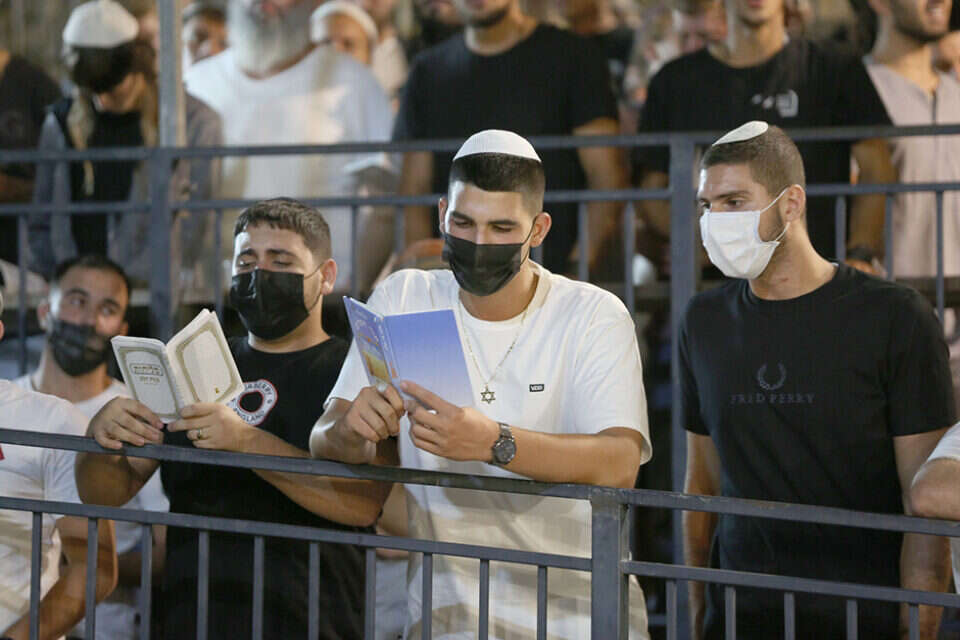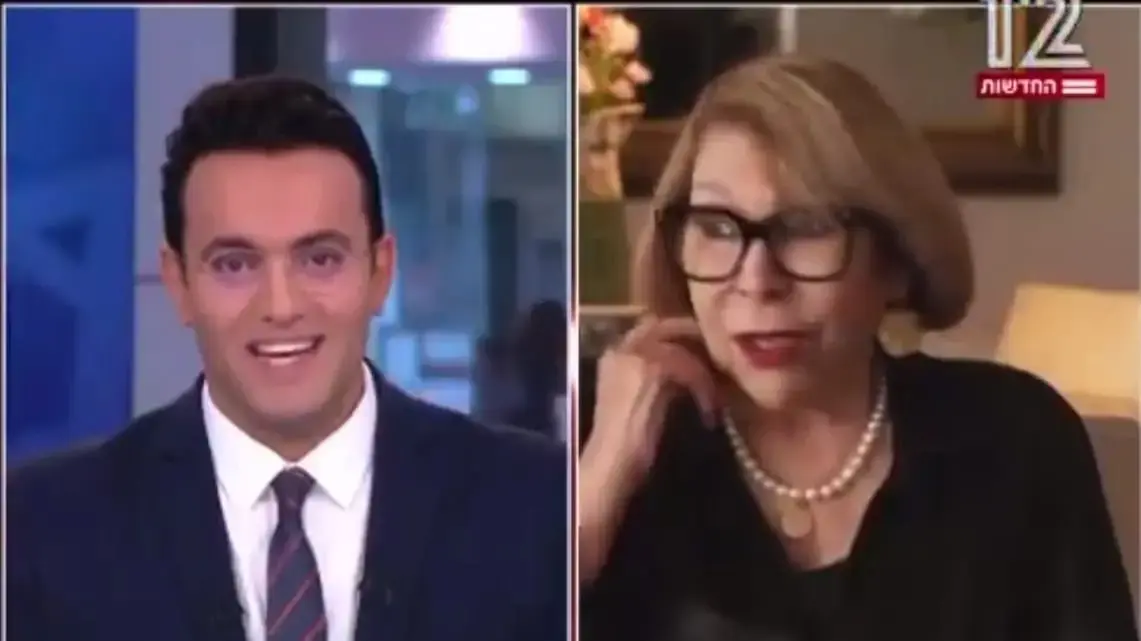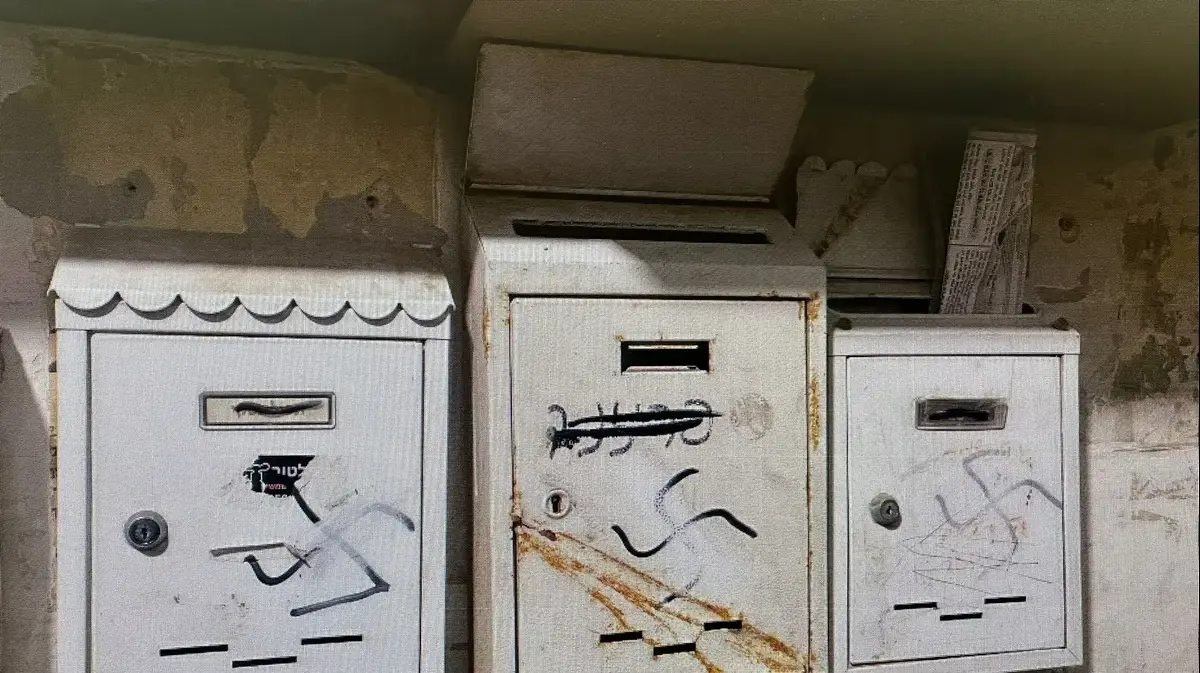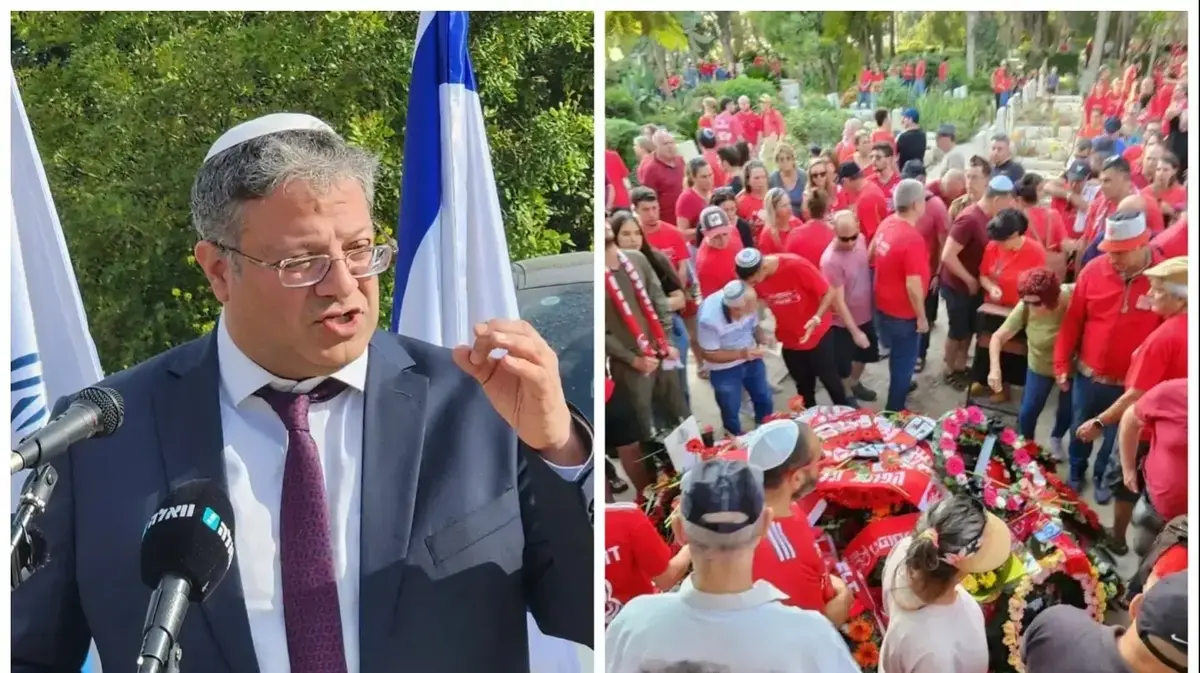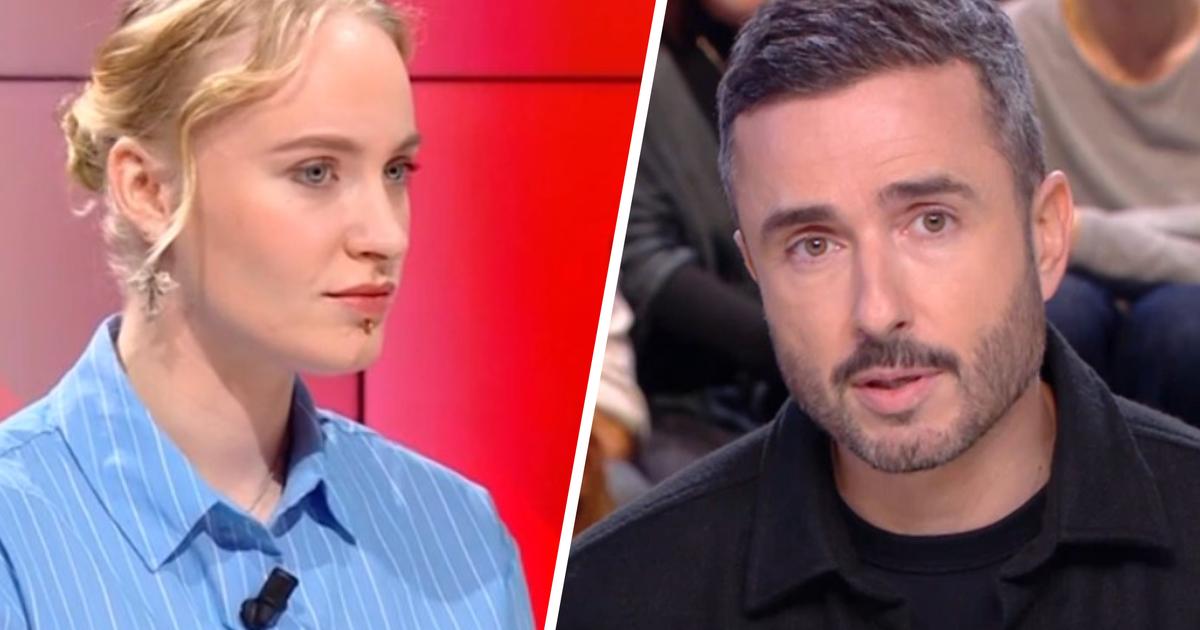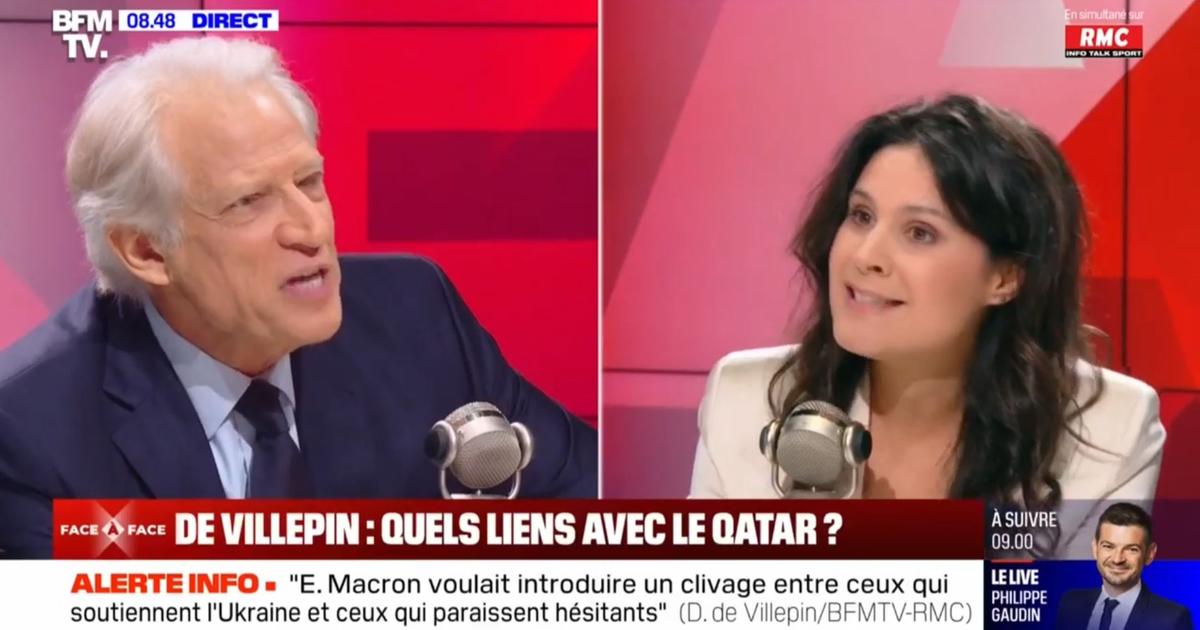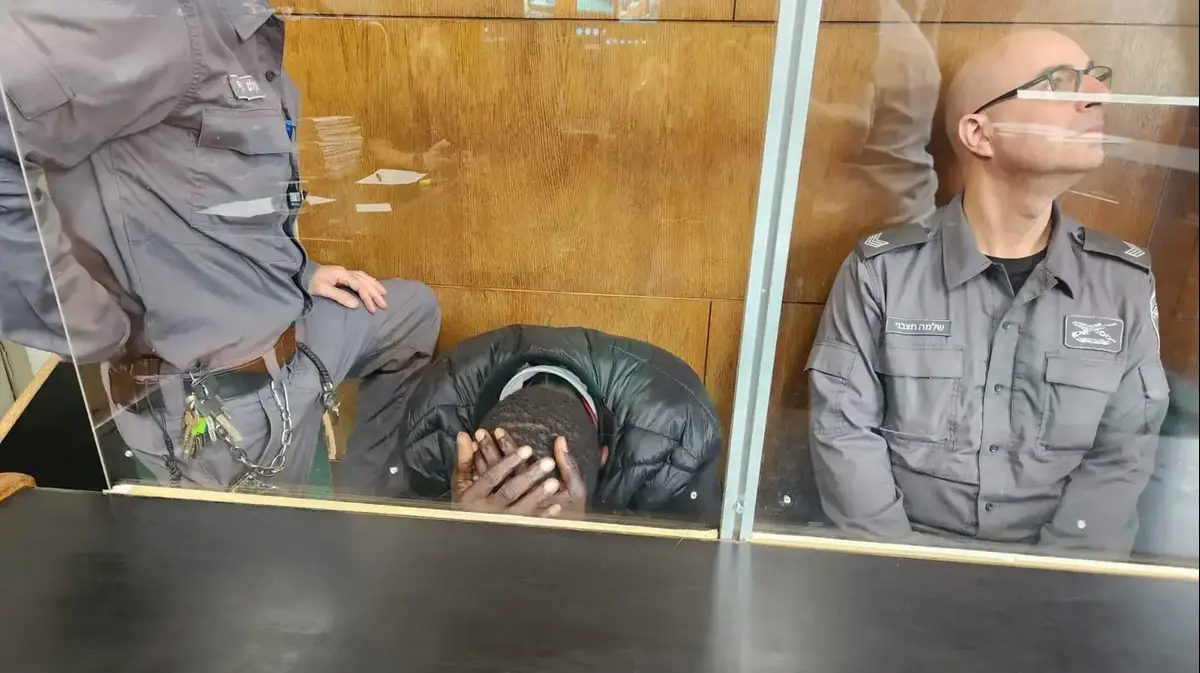Rachel (pseudonym) Gave her son up for adoption
"Poor soul because of your lack"
Rachel (pseudonym), 70, from the north of the country, could not have imagined that the corona plague would make her begin his journey of waiting for more than 50 years.
"Following the corona and the fear of loneliness, the Ministry of Welfare made sure that a social worker visited me once a week. I do not know how to put my finger on the reason I decided to open the story I hid for more than five decades, but it happened," she says.
"In the late 1960s I gave birth to a son, and the difficult circumstances of my life led me to give him up for adoption. Since then I think of the son I gave up, and most of all I want to apologize."
Rachel was born into a traditional family that immigrated from Tripoli with the establishment of the state, the only daughter of five brothers.
It was a rainbow family: the father worked hard, the mother raised the children.
"For years I waited for him to contact me"
"For years I waited for the son to make contact, and it did not happen," says Rachel.
"The social worker who accompanies me linked me to the Ministry of Welfare's child welfare service, and they suggested that I write him a letter that would be attached to the adoption file so that my son could read the letter when he decided to open the case."
This is the language of a letter from Rachel Livna that she did not know: "Since I was a child I dreamed of living on the kibbutz. For years I asked my parents to study on the kibbutz, but they flatly refused. It is inconceivable that their only daughter would study on the kibbutz. The kibbutzim in the north of the country. There I met your father. He was slightly older than me, a member of an Ashkenazi family. A short love story developed between us, and at the end of volunteering I returned home. When I found out I was carrying you in my womb I went to his parents' house. In the sex of the fetus - in the late sixties I could not know. "
"When I realized that your father had abandoned me, I turned to welfare. The social worker told my mother, who was broken - I belong to a traditional Spanish family, an out-of-wedlock pregnancy was a great shame for the family. "They said I went to work in a remote place. It was not an easy time, ending in a traumatic birth. I gave birth to you alone, unaccompanied by family members, only the caregiver from the foster home was with me. When you were born I could look at you for a few seconds, then say goodbye."
"I came home in pain physically and mentally. Since that day you are always in my heart, and you are a secret - my husband and children do not know about your existence. About two years after you were born I married my husband, and during our life we had four children. I raised them on the kibbutz as I dreamed. "To make the dream perfect. I was missing every day."
"My dear son, I hope you will forgive me. You are very dear and important to me, even though I gave you. Although I was born into a rainbow family, and today, God willing, I lack nothing - but my soul is poor, poor because of your lack. Sorry, dear son "My love and miss, Rachel, your mother."
Rachel // without credit,
Dr. Alex Cheplyuk | Immigrated to Israel and left his parents in Ukraine
"Sorry I did not keep in touch"
It's hard not to get excited about the Bible, the reason why Dr. Alex Cheplyuk, 25, from Givatayim, wants to apologize to his parents: the fact that he immigrated to Israel - and left them, in great pain, in Ukraine.
Alex, a graduate of Masa's medical program, immigrated to Israel on the eve of Yom Kippur two years ago, after graduating from medical school in Ukraine.
He immigrated to integrate into the health system in Israel, which he says is "one of the best in the world" - and also for Zionist reasons and a connection to his Jewish identity.
Just before Yom Kippur, as an intern in the urology department at Sheba Hospital in Tel Hashomer, he wants to express remorse to his parents, Olga and Alexander, for not being able to meet them since he immigrated to Israel.
"I'm so busy with the internship"
"I want to apologize a lot to my parents because I'm so busy right now in the last months of the internship," he says, "and I try to spend as much time as possible in the internship and get a place to intern." Alex, the only son of his parents, says that they live in the Ukrainian city of Kharkov, and that lately he has been having difficulty keeping in touch with them, "because I am in the process of getting a standard to specialize in urology at Sheba Hospital. I could not go to them because of my job, and also because of the corona. I am nearing the end of my internship, and in November I will have a month off, and I hope to return to visit my parents in Ukraine. I want to see them, hug my mother and also see my cousin Mine and hug him. I miss it. "
Absorption in Israel, Alex adds candidly, is not a simple process - but as time goes on, the country continues to brighten its face.
"I'm getting to know people. I've met a lot of good people who have become real friends, and also new immigrants in the same situation as me. I have a partner, Katrina, who is also a new immigrant. We met before we immigrated. I plan to visit my parents immediately when I leave work, and "I will call them more next month. I want to have a virtual dinner with them together. I miss them."
Dr. Alex Cheplyuk // Photo: Chen Galili,
Joel (pseudonym)
Attacked a taxi driver with knife threats
"Promise not to hurt anyone anymore"
Joel (pseudonym) immigrated to Israel from Ukraine in the 1990s when he was 17 and a half years old. is very".
After being convicted of serious violent offenses, Joel was jailed at age 18 for 11 years in prison.
“When you go to jail at a young age, you don’t take time, it seems like an eternity,” he explains.
"You have no desire to recover, for you you are dead. In prison I felt I belonged, I found friends, I found drugs."
When he was released, Joel was addicted.
"I felt I had the stamp of a criminal on me and that I had no chance to recover," he says.
"I reached the bottom line. With my mother's help, I realized that if I did not act I would find myself begging at intersections at best, or dying in one of the alleys at worst.
"I worked very hard to repay debts"
After completing the rehabilitation process he moved to the center, found a spouse and had a child together.
For several years he managed to live a normative life, but then the fall came.
"I worked very hard to repay debts, I lived in anger, I drank alcohol and it brought me back to the low places I was."
Joel does not remember the details of the assault incident - during which a taxi driver attacked with knife threats, following which he joined the "Justice Meha" program operating in the adult probation service at the Ministry of Welfare, which aims to bridge the gap between the victim and the victim.
"I do not understand why I left the house with a knife. It is not clear why I robbed him."
Returning to rehab was not easy.
"It was basically an admission of the failure of the previous process, but I said I had to succeed, and after ten months I felt whole again."
He said, "At this stage, I was offered to join the 'Justice Meha' program, in which I will meet with the victim and ask for his forgiveness."
The two met with their spouses.
"I apologized to them, and said that while I could not turn the wheel back, I could assure them that I would not hurt anyone again. I think they accepted my apology."
He concludes that "today I live a normative life. I started a business, at the same time I pack food packages for the needy, and hope God is back on my side."
Joel // Photo: Dudu Greenspan,
Dr. Yael Sahar Costis | Addresses medical personnel
"To the hospital staff, sorry for the erosion"
Dr. Yael Sahar Costis, an expert occupational physician, a member of the committee of the Israeli Association of Occupational Medicine, apologizes to the medical staff in hospitals and clinics for Yom Kippur for the challenges and occupational needs that have been overcome and sharpened around the outbreak of the corona epidemic.
Dr. Sahar Costis noted that “the world continues to face the corona virus, it is a long and exhausting war.
The means of protection are now more available, the treatment teams are skilled, but still this war is another victim of exhaustion and attrition of the medical staff. "The field of occupational medicine is responsible for the health and safety of workers, including health workers. Many - in addition to the corona virus - one of these causes is stings from needles or contaminated sharp containers when performing procedures, which puts them at risk of contracting infectious diseases that have a significant impact on their health, and consequently on the health of their patients and sometimes their families.
"Being at a charged and difficult junction"
Dr. Sahar Costis stressed that “health care workers perform their work in complete faith out of an endless desire to treat, heal and provide healing.
The long struggle in Corona is also reflected in the fatigue of the teams, but it is another tier on top of additional conditions in the background, which also need a proper response.
Prolonged working hours, shift work, problematic ergonomics, biological, chemical and physical exposures are just some of the challenges.
"Health care workers are also at a charged and difficult crossroads in front of patients and their families. They face not only successes every day, but also difficult and painful moments. Initial risk prevention and adaptation of safety tools, including addressing fatigue and distress that arise during work, backing up crews in the field and zero tolerance for incidents of violence.
"The health care system is designed to serve the public and maintain its health. Caring for optimal working conditions, health and safety of caregivers, ultimately serves the common good and must be backed by decisions at the political level, but also form part of the daily perception of the population. "From the balconies, they need respect, protection and proper conditions. Medical service workers work day and night for public health and well-being. Strengthening their resilience, security and safety should be in the interest of us all."
Dr. Yael Sahar Kostis // Photo: Alma Kostis,

